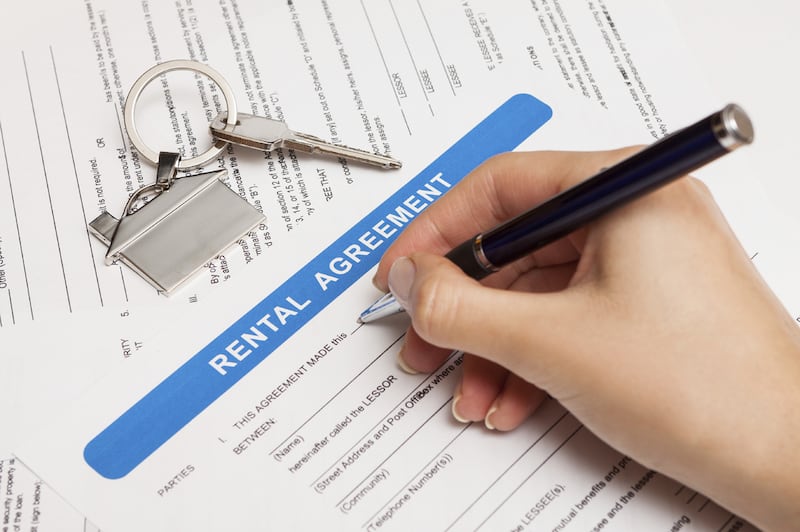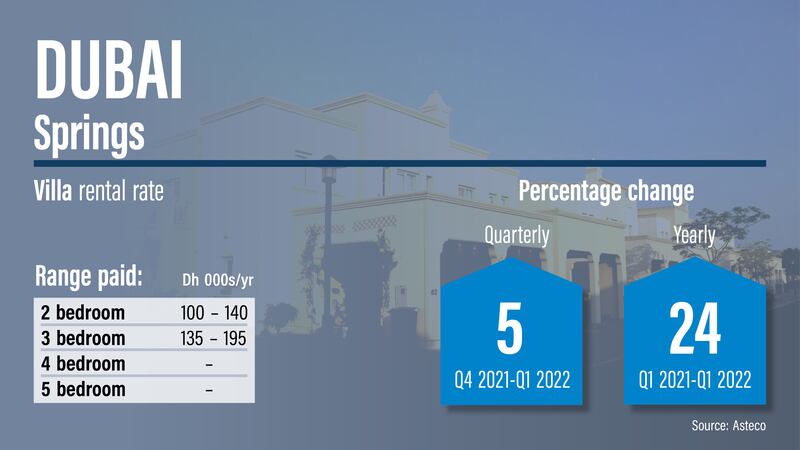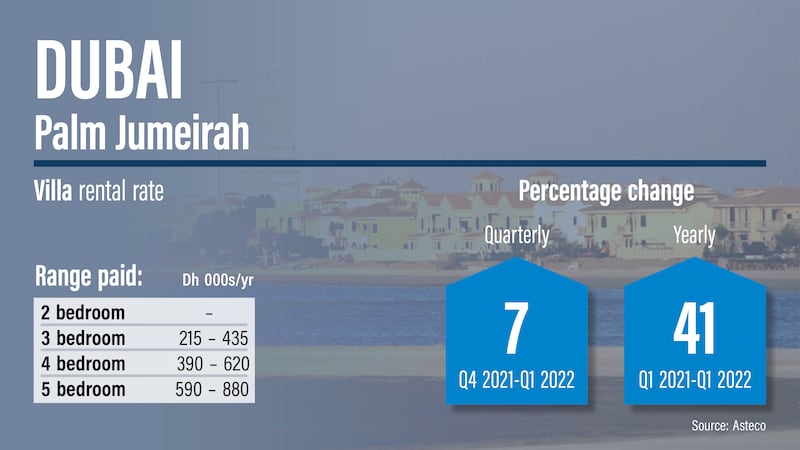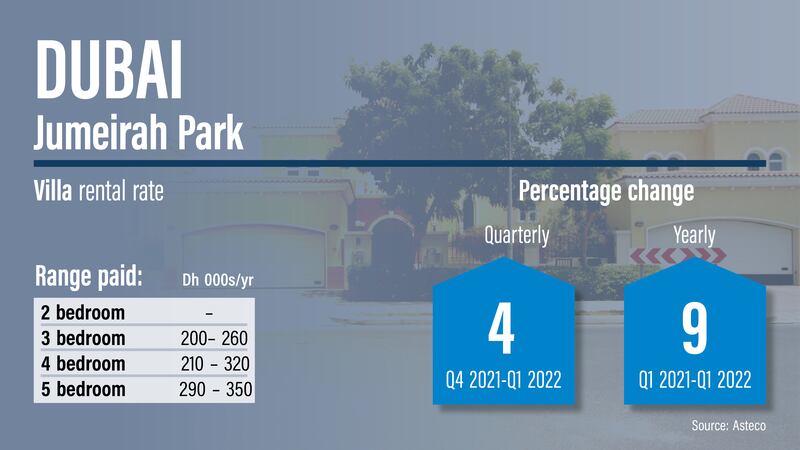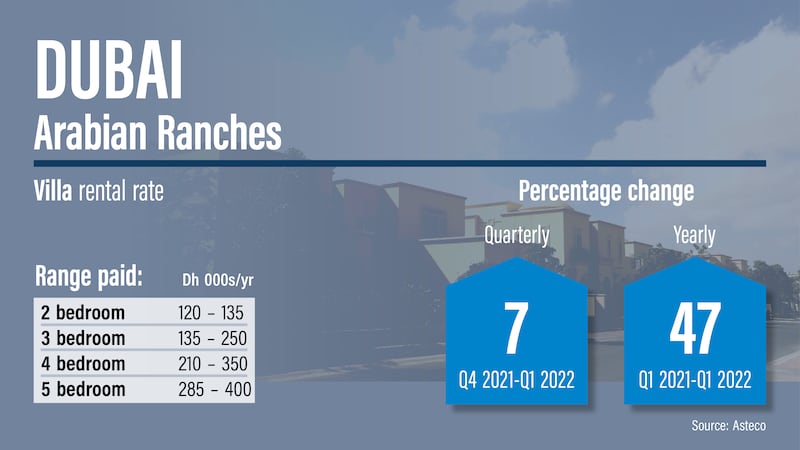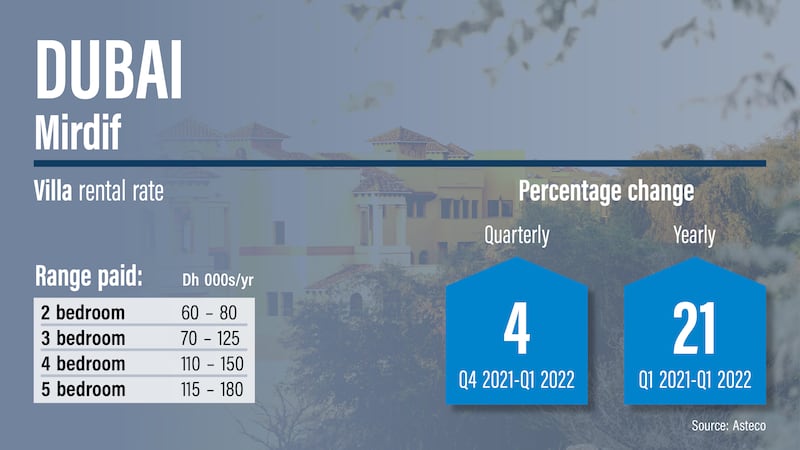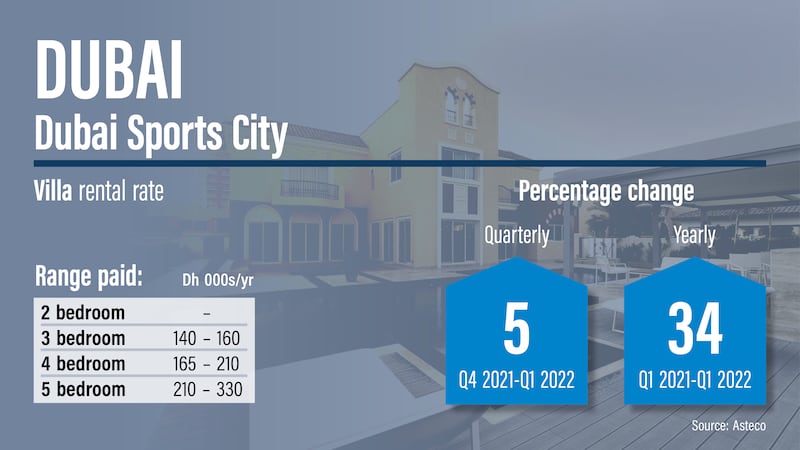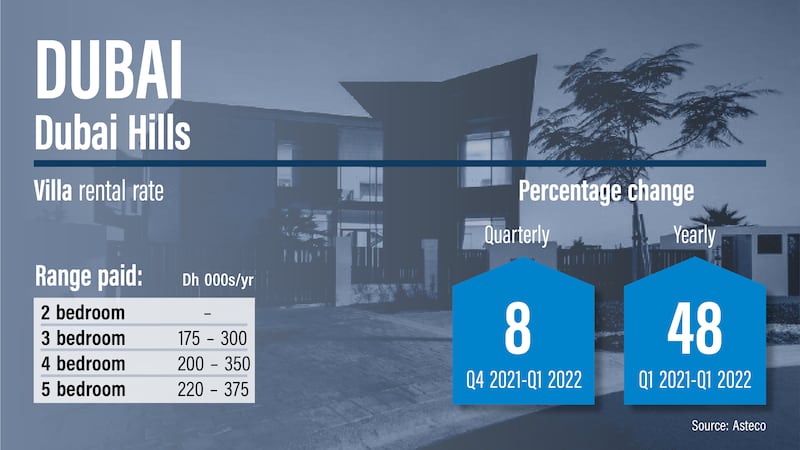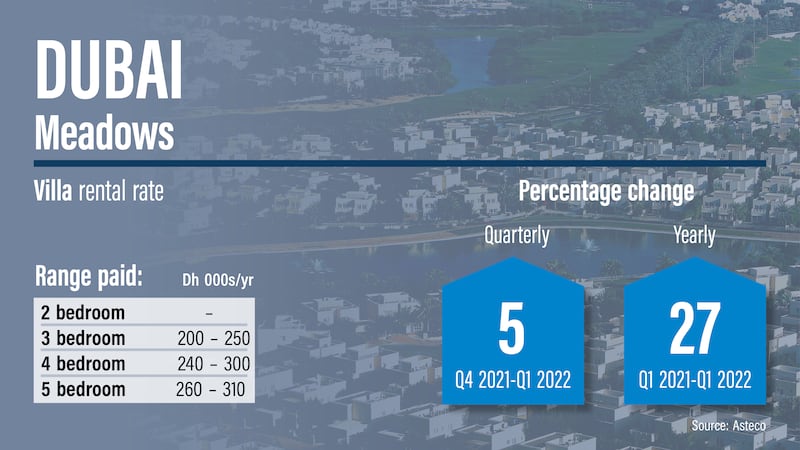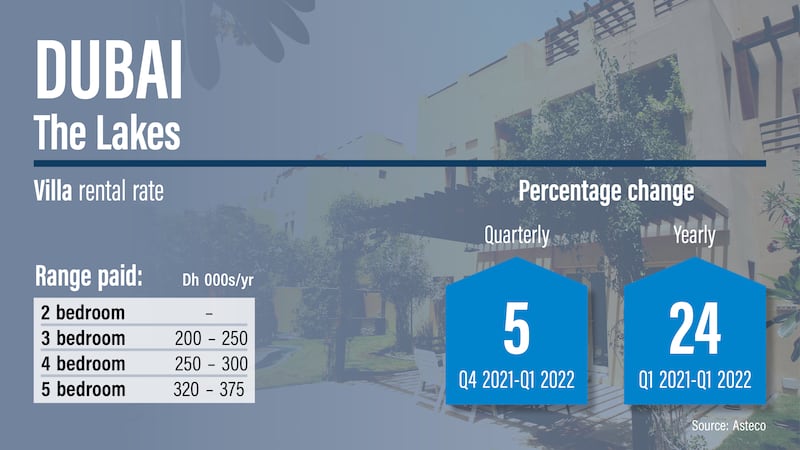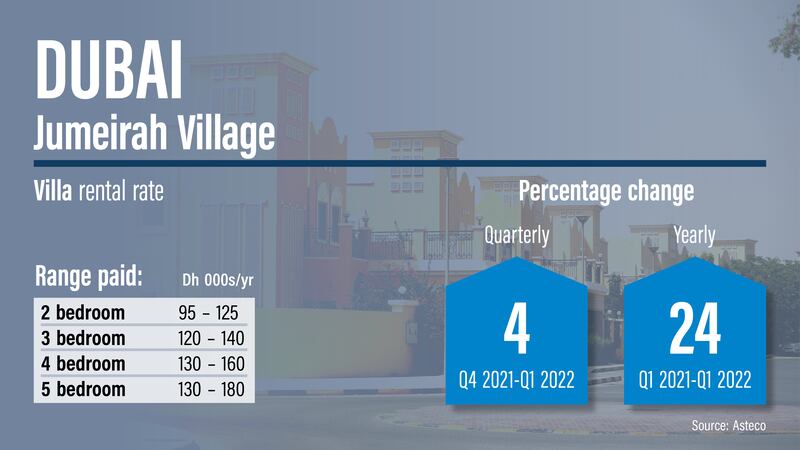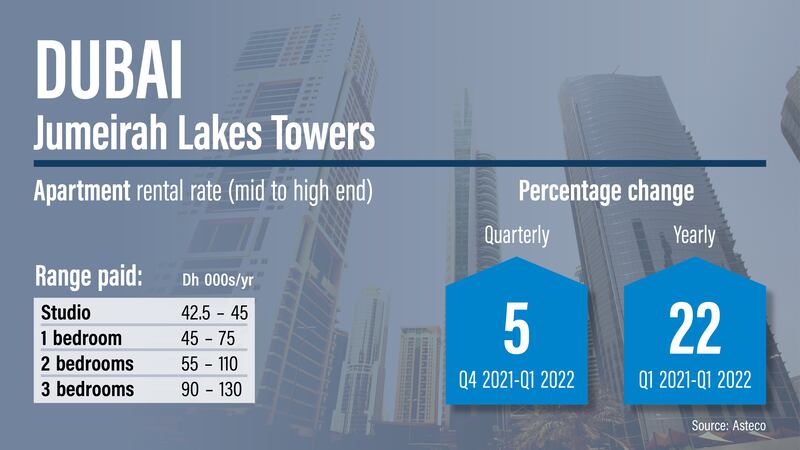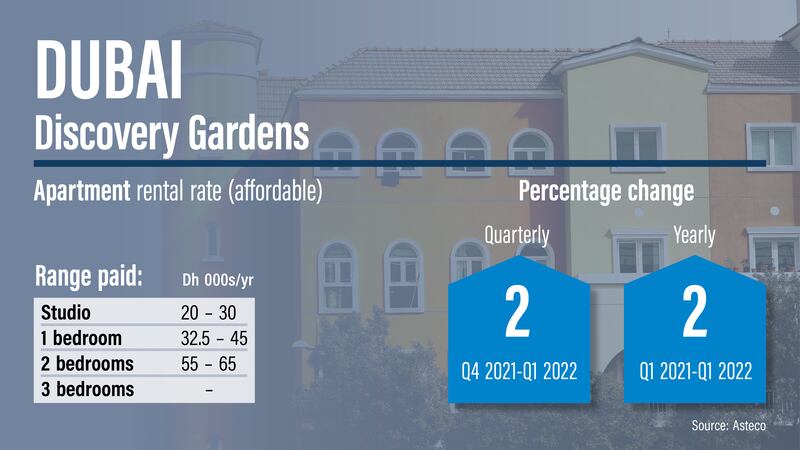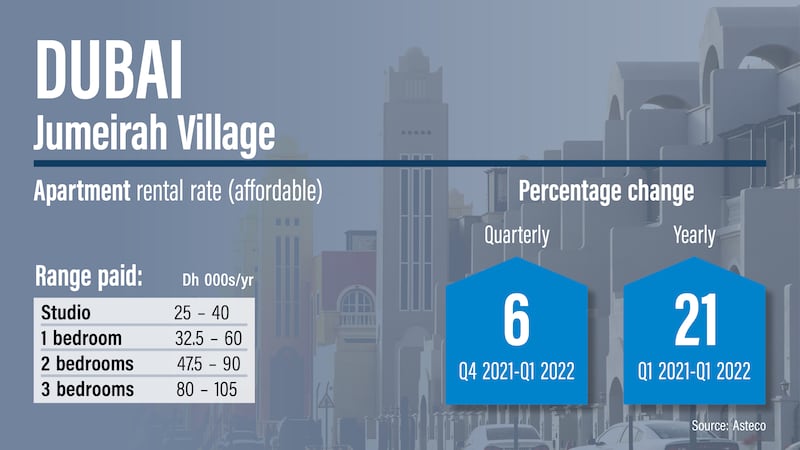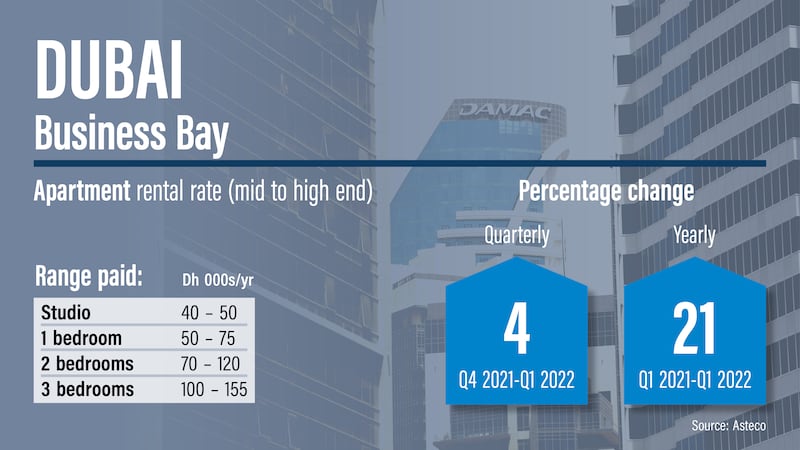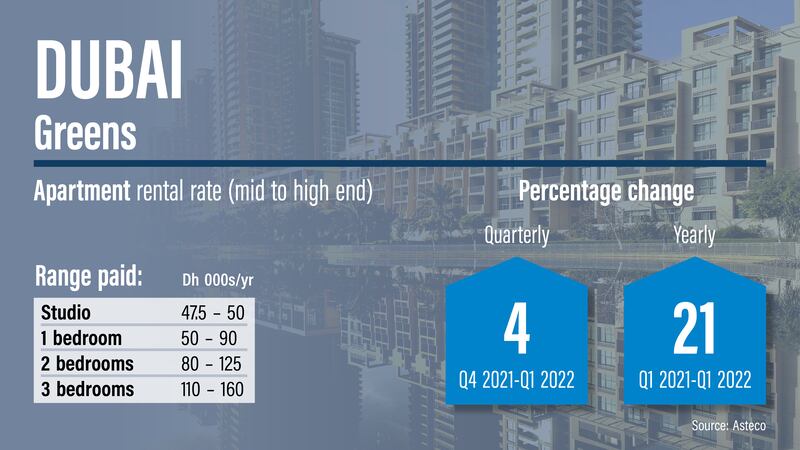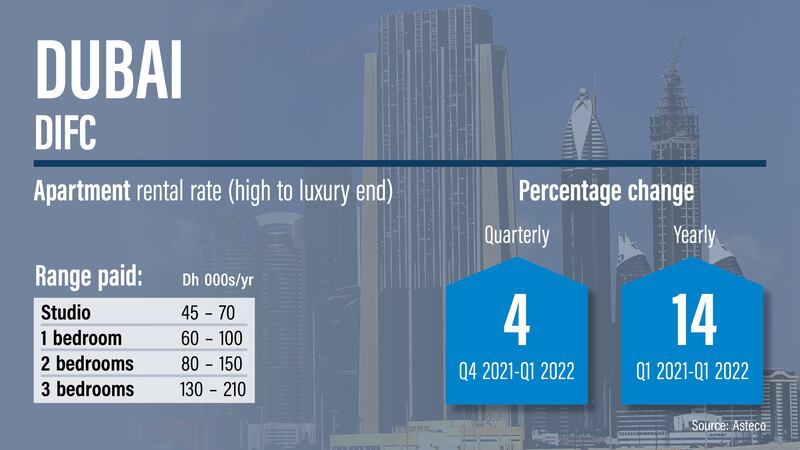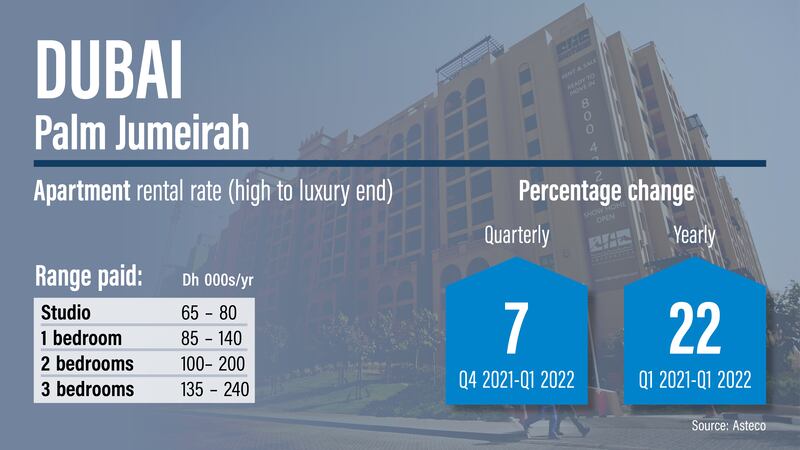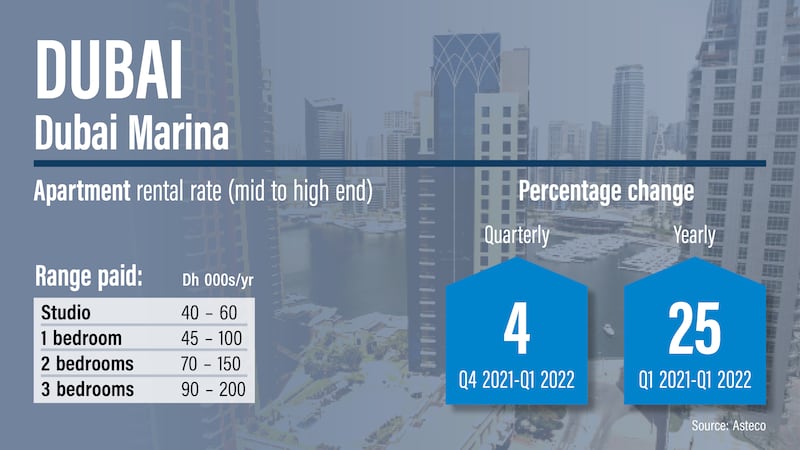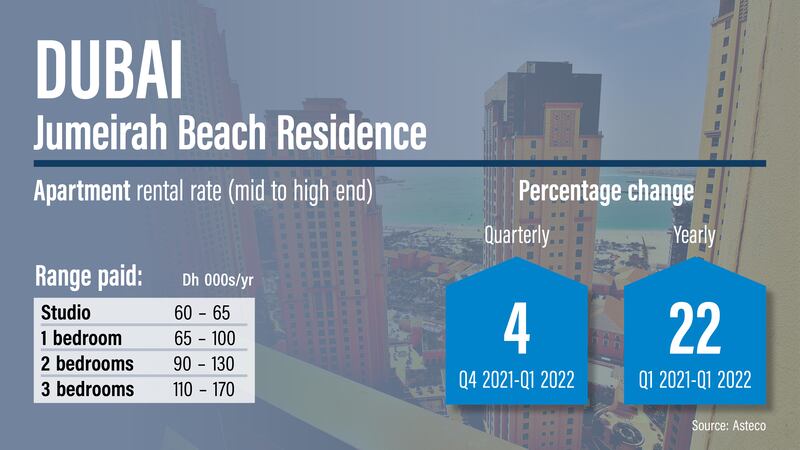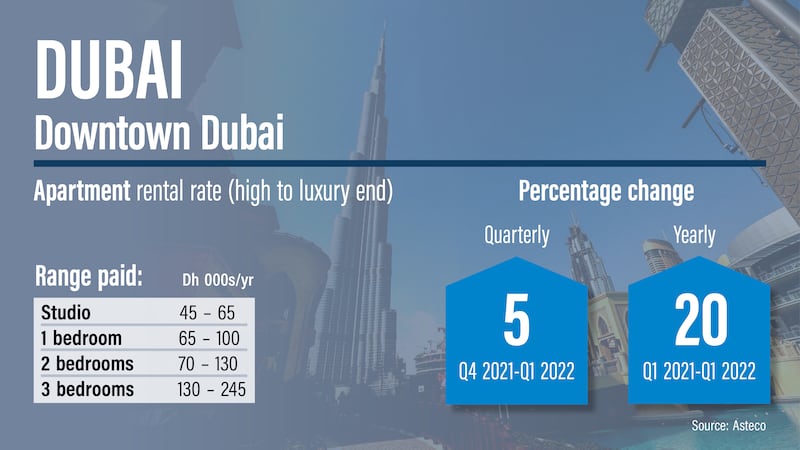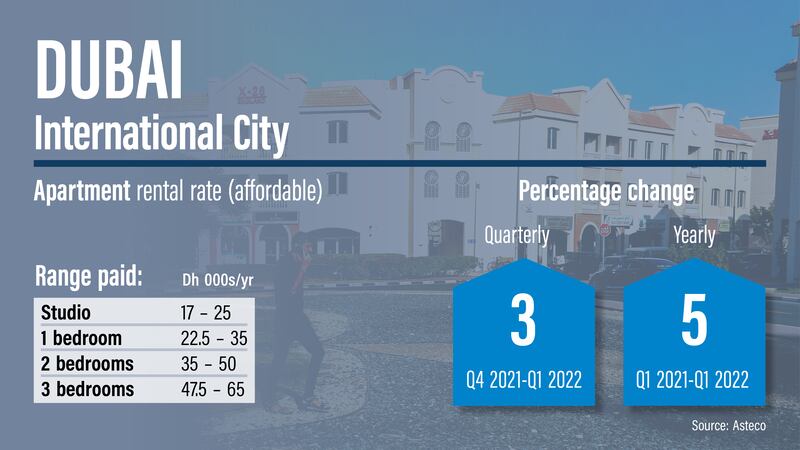My rental contract ends on July 1. My landlord did not issue a rent increase notice 90 days before contract expiry, but now wants to raise the rent by 20 per cent annually.
The Real Estate Regulatory Agency rent calculator only allows a maximum of 5 per cent rent increase in the community I live in.
Therefore, I believe the contract has to be renewed under the same terms and conditions for one more year since the owner did not serve a notice of 90 days before the end of the tenancy contract.
However, I believe the landlord can renew the lease for the current rent and serve me with a 90-day contract termination notice. Will I be required to move out in 90 days and can my landlord re-let the property to a new tenant at a 20 per cent higher rent?
Under what conditions can my landlord evict me? I believe both parties must agree to terminate the rent contract. Please advise. DD, Dubai
You are partially correct. Since your landlord didn’t serve you the 90-day notice prior to lease renewal to make changes to the rental contract, no changes will, therefore, be allowed and the same rent will be applied going forward.
If the landlord wants to evict you from the property, he needs to send a written notification, including the reason for eviction. This needs to be sent either via notary public or registered mail. The notification is for a 12-month period and it should be served upon expiry of the tenancy agreement, according to law 33 of 2008.
The landlord can cite one of these four reasons for eviction: for the reason of sale; for self-use or use by next of kin of first degree; for property modernisation that will prevent the tenant from living there while work is being carried out; for the reason of demolition.
It is important to note that for points three and four, the landlord must obtain written approvals from relevant departments, such as Dubai Municipality, among others.
______________________
Dubai property rents: where are they rising and falling in Q1 2022?
______________________
For point two, the landlord will have to prove that they do not own another suitable property that could be used instead. Also, the landlord cannot re-let the property for two years from the date the existing tenant vacates the premises.
If you choose to vacate the property on your own, the landlord is entitled to do what he likes going forward. However, if you are forced to move out and subsequently find that the owner has re-let the property, you will then be entitled to compensation.
My landlord’s real estate broker notified me about a 20 per cent increase in rent. Although this increase is in accordance with the law and the notice was served on time, is an email the right way to communicate this decision?
What happens if I disagree with the 20 per cent rent increase? Can he evict me? I understand that a landlord has to serve the tenant a 12-month notice for the purpose of eviction.
I want to buy some time to find a new property or have some ground to negotiate with the landlord. He even falsely claimed that the rent has increased by more than 40 per cent for similar properties. CG, Dubai
You said that the landlord is entitled to an increase of 20 per cent on your renewal rent, but make sure to check this on the Rera rental calculator. Input details such as the property’s location, number of bedrooms, property type and the renewal date.
If the calculator confirms that the permissible rent increase is 20 per cent, then as long as the landlord has communicated this to you 90 days ahead of the contract renewal date in writing (email is also okay), then he is entitled to this increase.
Also, the maximum allowed rental increase is 20 per cent in a year. If you do not agree with this increase, your only option is to move out of the property.
The landlord is required to send the 12-month eviction notice only if he wants to sell the property, move in himself or for use by his next of kin, extensively modernise the property or demolish it. These are the only four acceptable reasons for eviction.
Mario Volpi is the sales and leasing manager at Engel & Volkers. He has worked in the property sector for more than 35 years in London and Dubai. The opinions expressed do not constitute legal advice and are provided for information only. Please send any questions to mario.volpi@engelvoelkers.com
